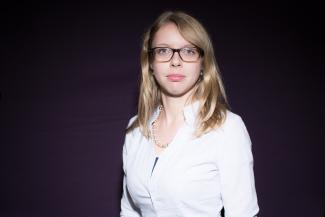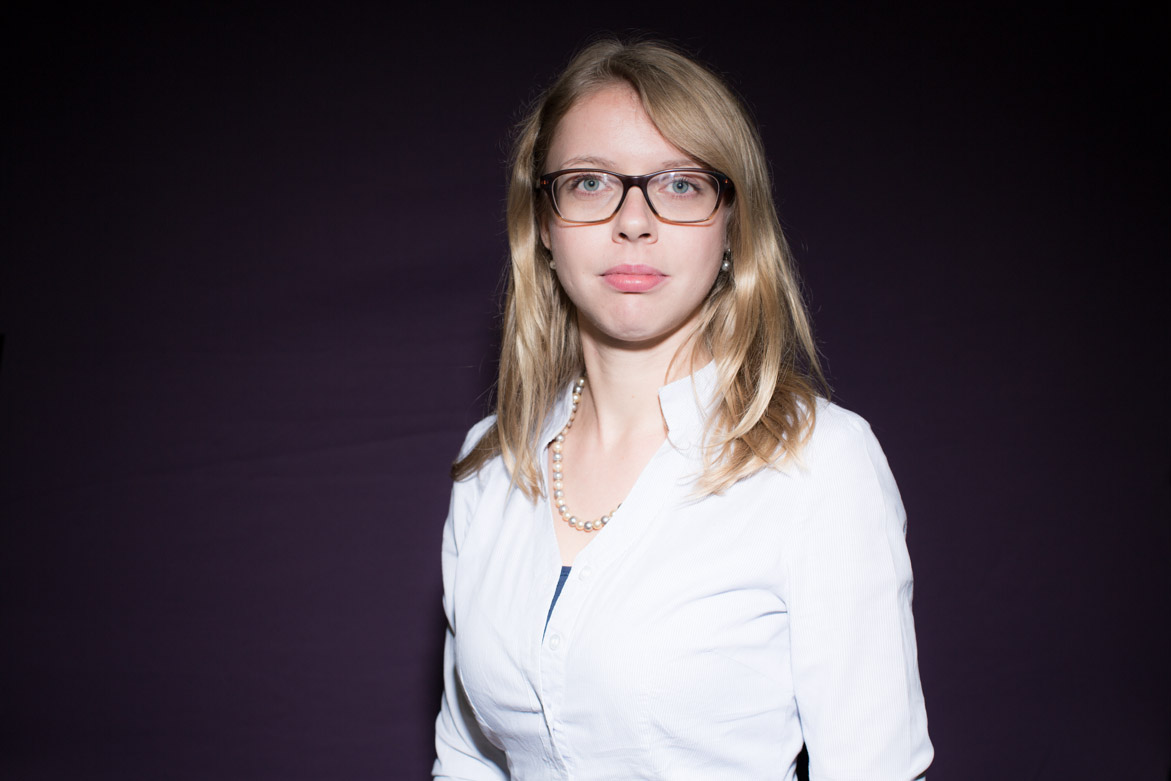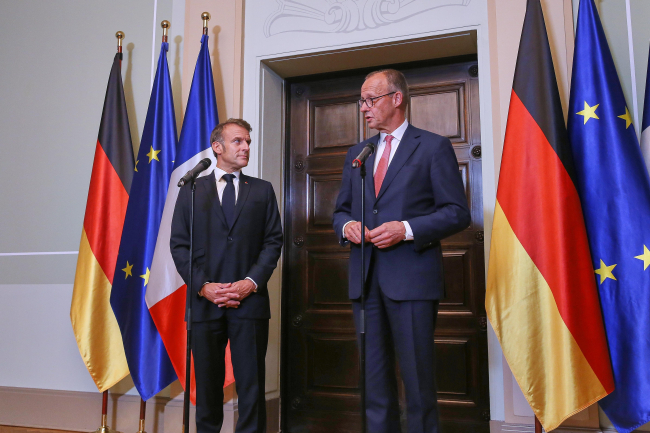Transitional Justice in Tunisia

Legal review as a means of coming to terms with the past should be an essential aid to the Tunisian democratic process, but it has, alas, so far often been a stumbling block.
Coming to terms with the past has the task of breaking the shackles of the past and making the repetition of history impossible by means of review and information. Its instruments include the prohibition of guilty organizations, the punishment or disqualification of perpetrators and accomplices, and the rehabilitation and compensation of victims. The young democracy of Tunisia soon resolved to make use of these instruments for consolidating a democratic political system. But the initiation of the Compensation Act and the introduction of a lustration process have taken such detours that they sometimes seem to have landed in a dead end.
http://blog.goethe.de/humanities/archives/34-Transitional-Justice-in-Tunisia.html
With the project Scholars in Residence, taking the processes of transformation as point of departure, the Goethe-Institut seeks to promote intercultural dialogue in the area of academic research and to strengthen scientific relations between Germany and the Arabic world on a long-term basis.
Scholars in Residence is part of the German-Egyptian and German-Tunisian transformation partnership 2012-2013. The project is an initiative by the Goethe-Institut and being carried out in cooperation with the Institute for Advanced Studies in the Humanities (KWI) and the Ruhr University Bochum"s Centre of Mediterranean Studies (ZMS). Funded with special grants provided by the German Federal Foreign Office.

Contenu disponible en :
Régions et thématiques
Utilisation
Comment citer cette publicationPartager
Centres et programmes liés
Découvrez nos autres centres et programmes de rechercheEn savoir plus
Découvrir toutes nos analyses
Sécuriser les chaînes de valeur des matières premières critiques (MPC) : une condition préalable à la résilience technologique de l'Europe
Au cœur de la sécurité économique, la résilience technologique est un pilier de la compétitivité de l'Union européenne (UE). Les transitions énergétique et numérique de l'UE dépendent des matières premières critiques (MPC).

Concilier compétitivité et évolution démographique : un impératif franco-allemand
La France et l'Allemagne sont confrontées à des changements démographiques parallèles qui pourraient remodeler l'avenir de leurs économies et de leurs modèles sociaux. Ces changements reflètent des tendances européennes plus larges, mais sont amplifiés par le rôle central que jouent ces deux nations dans la gouvernance et la compétitivité de l'Union européenne.
Imaginaires et réalités de la frontière franco-allemande : un laboratoire pour l’Europe de demain
En Europe, la question des frontières est loin d’être secondaire. Selon le Parlement européen, les régions frontalières couvrent environ 40 % du territoire de l’Union européenne (UE), concentrent 30 % de sa population et produisent près d’un tiers de son produit intérieur brut.
Relancer le partenariat franco-allemand ? Les ambitions du Conseil des ministres franco-allemand - Enjeux d’un leadership conjoint en Europe
Friedrich Merz, comme catholique rhénan, est un héritier de la politique franco-allemande de la CDU, de Konrad Adenauer à Helmut Kohl, en passant par Wolfgang Schäuble. Si le discours et les réflexes franco-allemands sont ancrés chez lui, il faut néanmoins relativiser leurs résultats.










